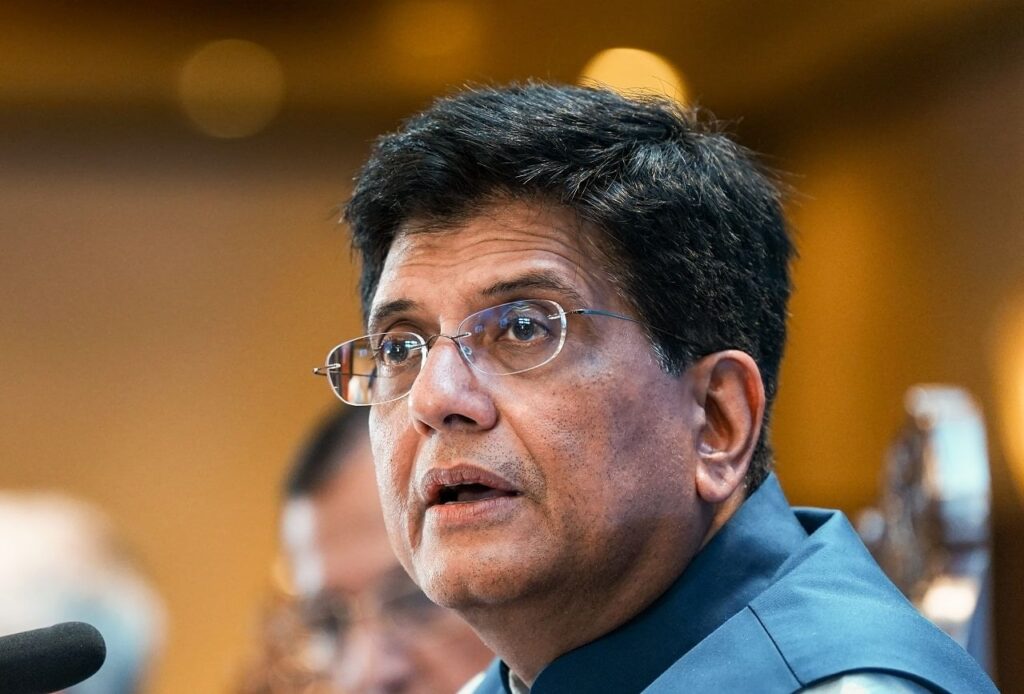Centrally appointed Minister Piyush Goyal has recently expressed strong concerns regarding online e-commerce companies, particularly those like Amazon. He accused these retailers of not adhering to the Foreign Direct Investment (FDI) laws in India. Goyal emphasized that consumers should reflect on who benefits from their purchases and learn from the ongoing debate about the implications of e-commerce practices on the local economy. Let’s delve deeper into the details of this matter.
Understanding the Issue
During a recent announcement of a $1 billion investment by Amazon in India, Minister Piyush Goyal raised critical questions about the American retailer’s contributions to the Indian economy. He argued that Amazon was not genuinely benefiting India but was merely compensating for losses incurred abroad. This situation poses serious concerns for millions of small retail sellers in the country.
Goyal indicated that while e-commerce plays a significant role in today’s marketplace, it requires careful consideration and understanding. He pointed out the adverse effects these companies have on small retailers, specifically highlighting how e-commerce platforms are eliminating high-priced, high-margin products, which are essential for the survival of many local retail stores. Furthermore, he urged the need to evaluate the impact of cloud kitchens on consumers purchasing food online.
Why Is Piyush Goyal Upset?
After addressing a gathering of chartered accountants, Goyal spoke with the media, stating that Indian law stipulates that foreign e-commerce companies are permitted to engage only in business-to-business (B2B) transactions within the country. He lamented that this legal framework is not being properly adhered to by these companies. Instead, structures have emerged that seem to undermine the interests of small traders and retailers.
According to Goyal, companies like Amazon possess substantial financial resources that allow them to engage in predatory pricing strategies, thereby distorting market dynamics. He also noted that these corporations utilize algorithms to manipulate consumer choices and preferences.
During his comments, Goyal voiced concerns about the survival of small shops in India, warning that rampant price increases and rising unemployment could lead to significant social disruptions. However, he later clarified that the government does not oppose e-commerce companies; rather, it advocates for fair and honest operations. Goyal stressed that the government aims to support online companies that provide convenience and accelerated services while maintaining a level playing field for all.
Key Highlights and Implications
| Issue | Details |
|---|---|
| Investment in India | Amazon’s announcement of a $1 billion investment raises concerns about its true intentions in the local market. |
| Impact on Small Retailers | E-commerce companies are eliminating high-margin products necessary for the survival of small businesses. |
| Compliance with Laws | Goyal insists that foreign e-commerce firms are not fully adhering to Indian laws regarding B2B transactions. |
| Market Distortion | Substantial financial backing allows e-commerce giants to engage in predatory pricing, disrupting traditional markets. |
| Government Stance | The government aims to support fair practices in e-commerce while promoting innovation. |
As India continues to balance the growth of e-commerce with the preservation of local businesses, the dialogue initiated by Minister Piyush Goyal reflects the complexities faced in the rapidly evolving digital marketplace. The path forward requires collaborative efforts to ensure that innovation and small trader interests can coexist harmoniously.

